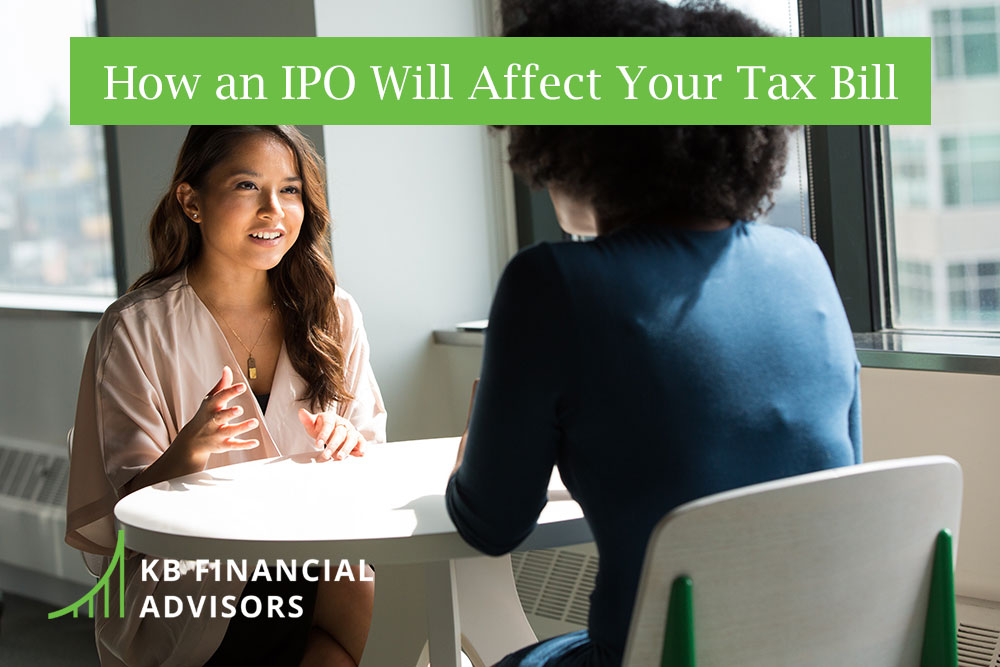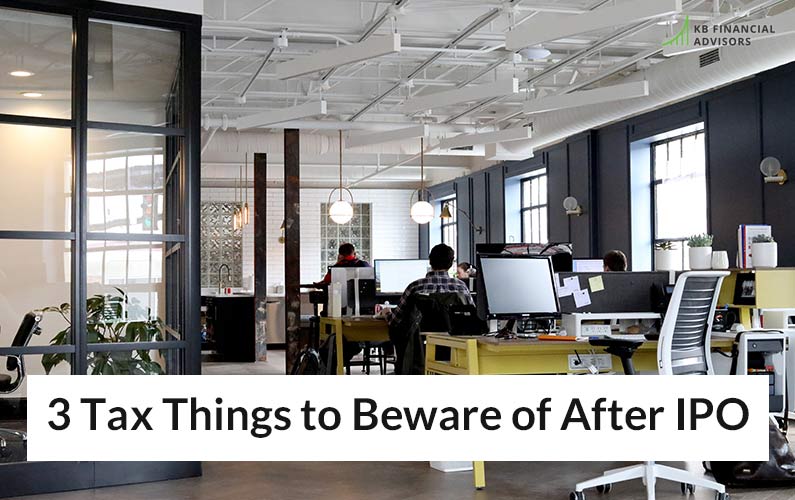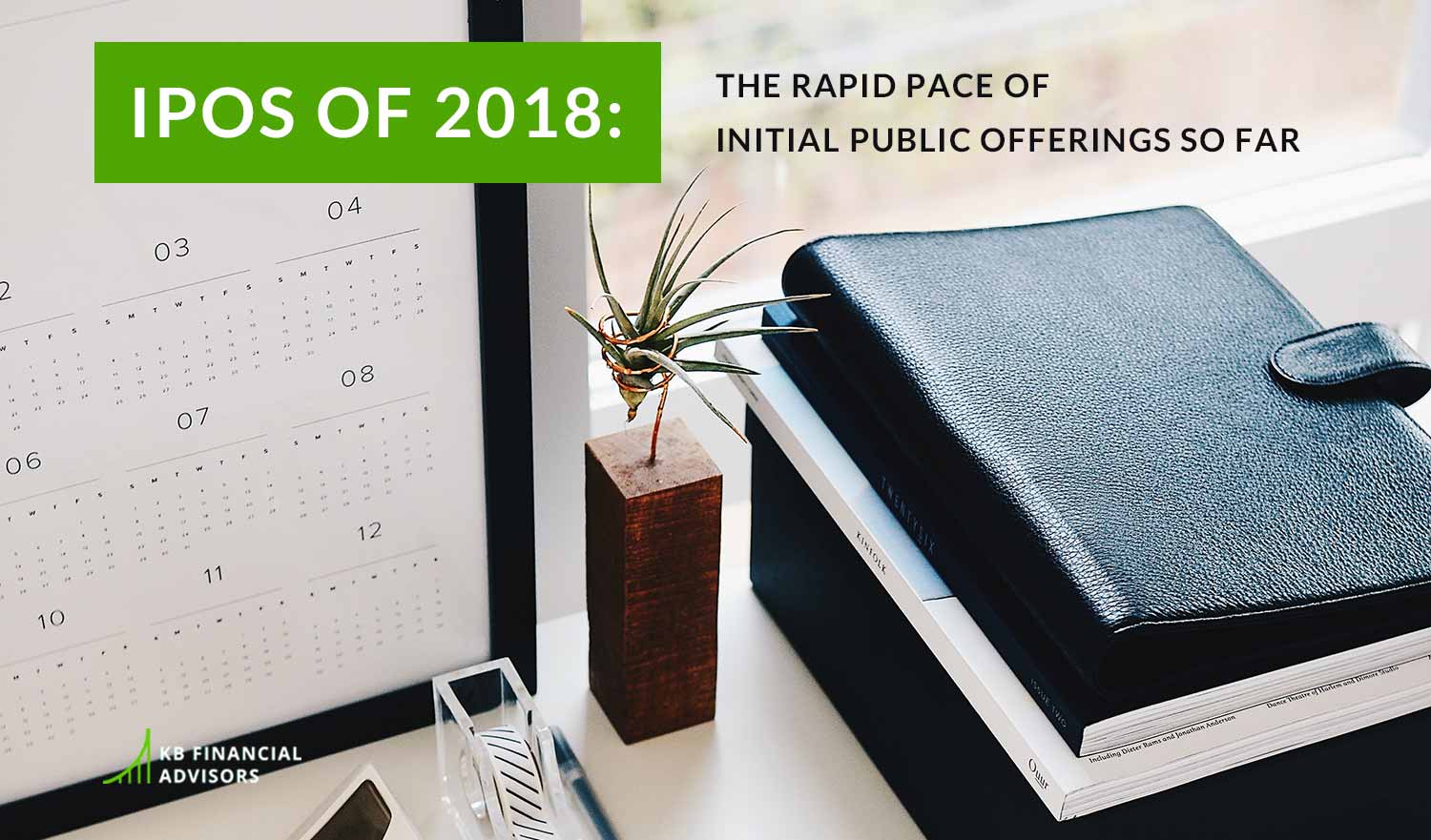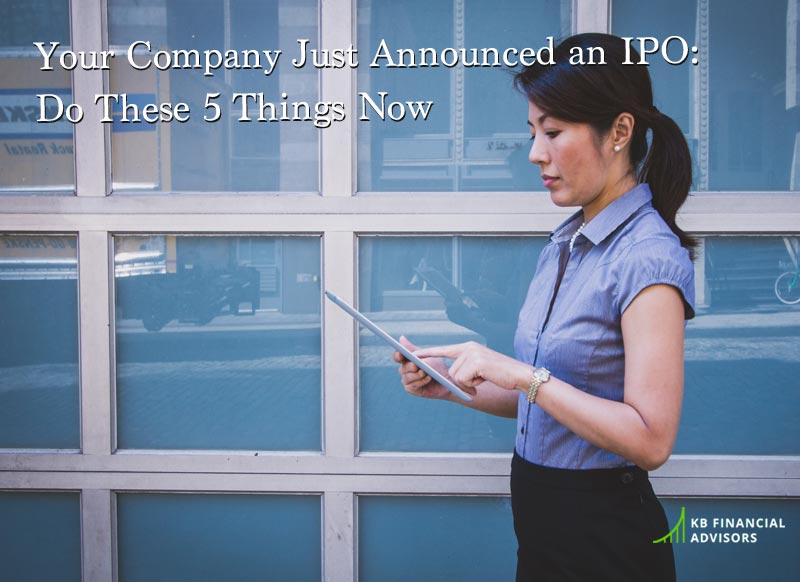Every year, it’s the same deal:You review your finances from the...
BLOG CATEGORY
An initial public offering (IPO) is when your company has their public debut in the stock market. IPOs exist in two broad categories: direct listing IPOs, which give you the freedom to start trading as soon as your company goes public; and traditional IPOs, which usually entail a lockup period that typically lasts six months after the IPO, during which you can’t transact any of your equity.
Employees anticipating IPOs should watch out for a few things: The settlement of double-trigger restricted stock units varies in timing depending on the company, so be mindful of how your company executes their IPO and how that affects your settlement. You also want to identify your first trading window during which you’re allowed to sell shares. Once you get past the first trading window, they usually occur quarterly and span four to six weeks each, typically following earnings calls.
IPOs are much more than a one-and-done event. Think of your IPO as the start of many events that go on for years. You’ll have a lot of planning to do and decisions to make down the line, so treat this opportunity like the long-term engagement it is.
3 Tax Things to Beware of After IPO
Initial public offerings, or IPOs, have had a dramatic increase over...
How to Plan Around Trading Windows
Going to jail for insider trading is no good. Thankfully, though, there are...
Move Over, IPOS: The Rise of Tender Offers in 2018
Back in November of 2017, we kept a close eye on some high-profile tender...
3 Ways to Plan for Your IPO
Did you hear the news? Your company is looking at an initial public offering,...
IPOS of 2018: The Rapid Pace of Initial Public Offerings So Far
So far, the IPOs of 2018 have set a blistering pace that we expect to see...
Still Have Not Acted After Your IPO? It Could Be Costing You
Let’s set the scene: Your company went through the initial public...
The Definitive Guide on the Dropbox IPO for Tech Employees
In January 2018, Bloomberg reported that Dropbox filed for an initial public...
3 Things To Do Before Your Lock-Up Period Expires
Your company just announced its IPO. ???? You've been waiting for this day...
Your Company Just Announced an IPO: Do These 5 Things Now
Surprise! Your company just announced an IPO. Congrats! ???? You know in...










